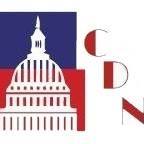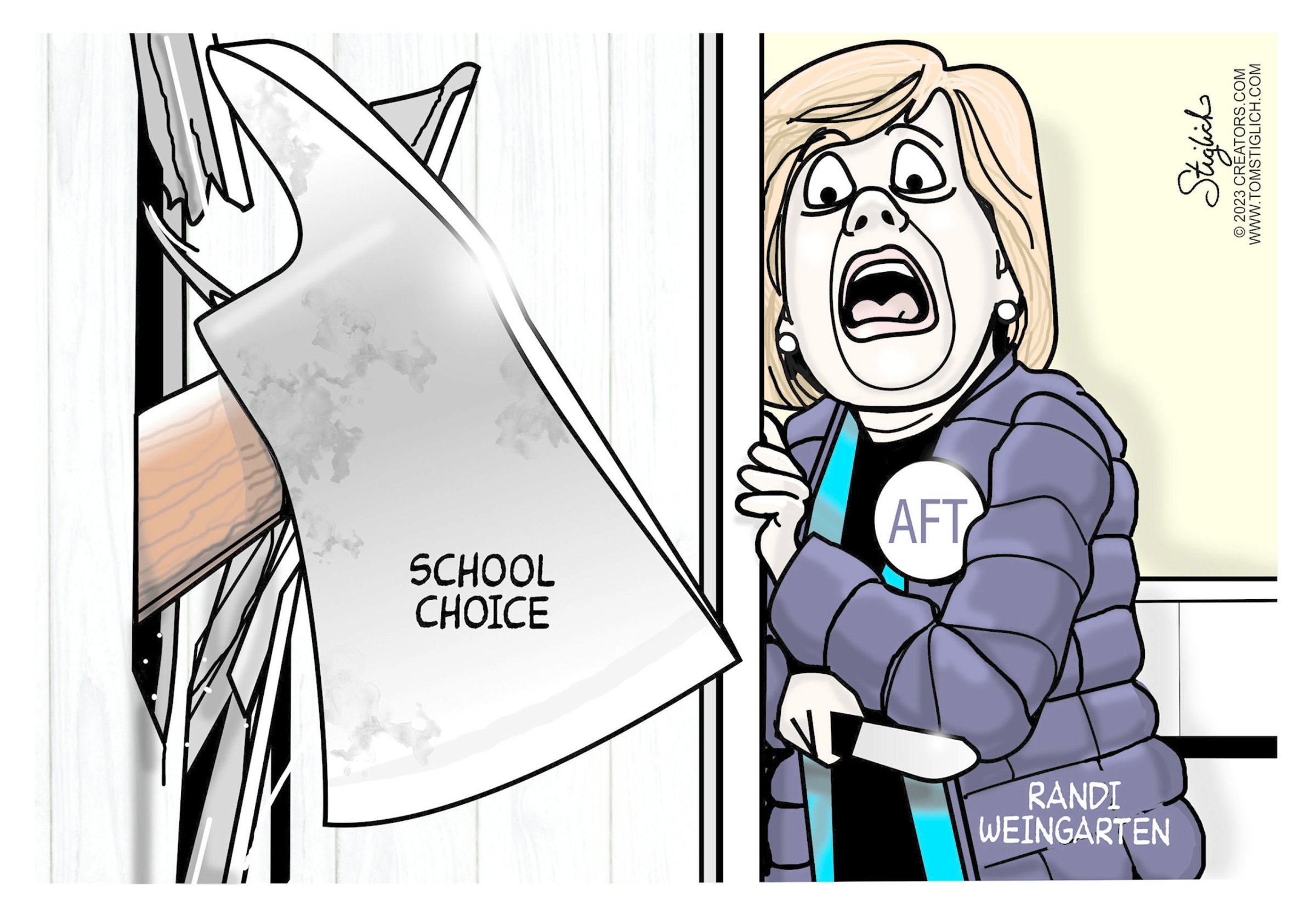




By following through on his campaign commitments to expand school choice, Pennsylvania Gov. Josh Shapiro can distinguish himself from other elected officials cowed by the teachers’ unions, according to education policy analysts.
But he only has a few weeks to make good on his pledge to increase the supply of scholarship funds available to students in failing schools since lawmakers will potentially finalize the 2022–23 budget on June 30th. If Shapiro can persuade some of his fellow Democrats to embrace school choice initiatives as part of the ongoing budget negotiations, he could have a transformative impact on the state’s educational system.
Marc LeBlond, the director of policy for EdChoice, a nonprofit that favors a wide range of options for K–12 education, is optimistic that Shapiro will support some form of “Lifeline Scholarships” for students in the worst-performing school districts while also accommodating an increase in the existing tax credit scholarship program.
“Shapiro would not be giving any ground here,” LeBlond said. “Instead, he would be achieving his own stated policy goals. The governor has a great opportunity here to rise to the occasion and meet the needs of Pennsylvania families that benefit from school choice.”
As a candidate for governor, Shapiro indicated he was open to redirecting tax dollars to the parents of students who attend the bottom 15 percent of the commonwealth’s lowest-performing public schools. Last year, the Pennsylvania House passed the Lifeline Scholarship Program, which proposed providing these families restricted-use Education Opportunity Accounts (EOAs) based on average per-pupil state funding. Today that would be about $7,100 to cover private school tuition, tutoring services, and other qualified educational expenses.
Shapiro has also expressed support for raising the state-imposed caps on tax credit programs that lag behind the rising demand for scholarships. Under the current program, businesses and individuals donating to state-approved scholarship organizations receive tax credits. But these caps on the tax credits limit donations. An analysis of government records from the Commonwealth Foundation, a free-market think tank based in Harrisburg, found that, in the 2020–21 school year, Pennsylvania turned away 76,000 student scholarships applications because of the caps while it “waitlisted” $156.3 million in tax credit donations.
“Businesses love these scholarships because they are training their future workforce,” LeBlond said. “So, you can look at this from the perspective of a thriving economy, and the businesses have a compelling self-interest. But you can also look at this from a taxpayer perspective.”
On average, Pennsylvania students receive about $2,500 per tax credit scholarship compared to $21,263 for school district spending per student.
“You’re talking about pennies on the dollar in terms of how much it costs to educate a student through a tax credit scholarship versus through the public education system,” LeBlond said. “We have studies that show school private school choice programs generate taxpayer savings.”
In its analysis of Pennsylvania’s program, EdChoice concluded that a $100 million increase to the tax credits would save state and local taxpayers $265 million.
With polls showing strong public support for the Lifeline-style proposals and tax credit scholarships, LeBlond sees very little political downside for Shapiro to embrace education reform despite opposition from the teachers’ unions. He also anticipates that Shapiro will deliberately set himself apart from other Democrats, such as his predecessor, Gov. Tom Wolf, and Gov. Roy Cooper of North Carolina.
Wolf consistently opposed alternatives to conventional public schools in Pennsylvania, while Cooper has resisted scholarship proposals favored by some of his own Democrats. Unlike Wolf and Cooper, Shapiro appears willing to exercise some independence from union leaders.
The operative word here is “some.” The American Federation of Teachers, which plays a key role in obstructingscholarship proposals, donated hundreds of thousands of dollars to Shapiro’s campaign.
School choice is one area where Shapiro can find common cause with constituents who do not necessarily share all his views, Erik Telford, senior vice president of the Commonwealth Foundation, observed in a press release.
“We don’t agree with Gov. Shapiro on every issue, but we stand united around these important priorities, and we’re ready to work arm-in-arm to help him follow through on his promises that will ensure a better Pennsylvania,” Telford said.
“These measures are overwhelmingly popular with voters and enjoy bipartisan support in the legislature,” he said. “It’s time to deliver on these common-ground solutions that are desperately needed to improve the lives of all Pennsylvanians.”
Kevin Mooney is the Senior Investigative Journalist at the Commonwealth Foundation, Pennsylvania’s free-market think tank, and writes for several national publications. Twitter: @KevinMooneyDC
The views and opinions expressed in this commentary are those of the author and do not reflect the official position of the Daily Caller News Foundation.
Content created by The Daily Caller News Foundation is available without charge to any eligible news publisher that can provide a large audience. For licensing opportunities of our original content, please contact licensing@dailycallernewsfoundation.org
Agree/Disagree with the author(s)? Let them know in the comments below and be heard by 10’s of thousands of CDN readers each day!
Support Conservative Daily News with a small donation via Paypal or credit card that will go towards supporting the news and commentary you've come to appreciate.
